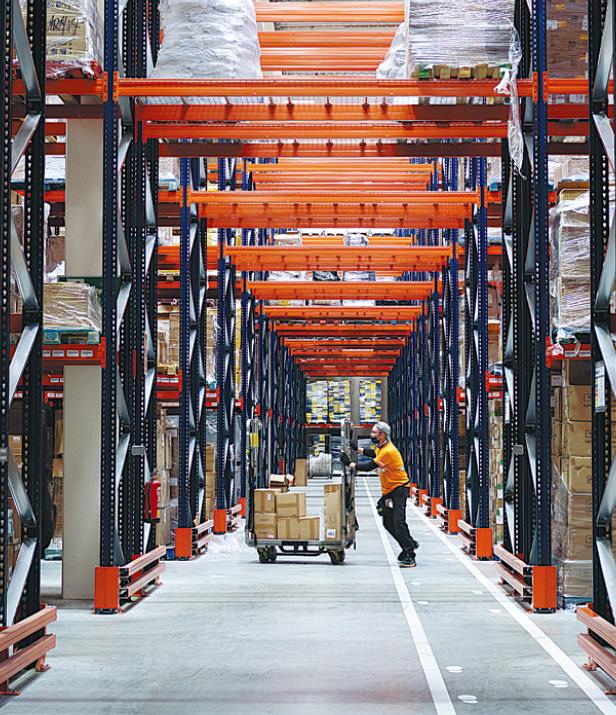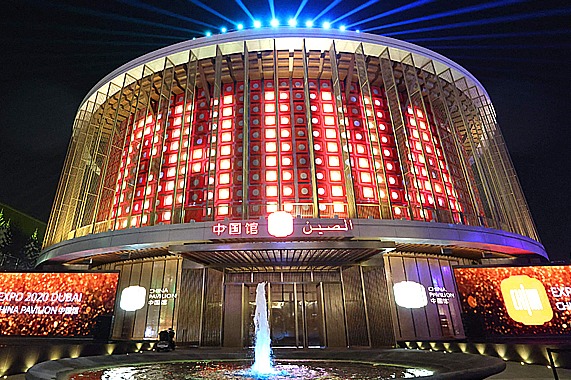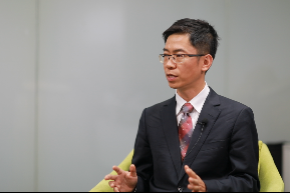Wind of change blows for shopping festival


Such success stories are music to the ears of Alibaba Group, which regardless of sales figures, is focusing on its role as a key e-commerce organization by empowering merchants through multiple access points.
Chris Tung, the group's chief marketing officer, said in a media release: "I believe the value that 11.11 offers is more than just the general merchandise volume figures. The festival is about how best to leverage Alibaba's latest technology to support brands and merchants in driving sustainable and inclusive growth in more efficient ways."
Cao said these comments should be put in the context of China's enhanced regulations requiring internet companies to maintain a fairer business environment, an area in which Alibaba and its peers have been fined for monopolistic malpractices.
An impressive number of small brands have flourished. Alibaba reported that 698 emerging brands saw their sales figures rise from a few million yuan at last year's festival to more than 10 million yuan this year.
The company said that in addition to endorsing its initiative to incubate emerging homegrown brands, the festival saw some 700 new brands reporting revenue that topped their respective subcategories during the festival's promotional period.
One beneficiary is Zhu Ben, a local maker of cleansing oil and face masks, which reported tenfold revenue growth in the run-up to the event.
Shen Donglai, the company's co-founder, said: "We managed to book 1 million items and secure nearly 130 million yuan in down payments in the presale phase. Taking part in the festival for the third time, we still underestimate the hype it generates."
Alibaba has also launched its "going green" initiative, with the volume of parcels generated during the festival posing a potential threat to the environment.
The company distributed 100 million yuan worth of "green vouchers "to more than 2.5 million customers who bought merchandise with a reduced carbon footprint.
























